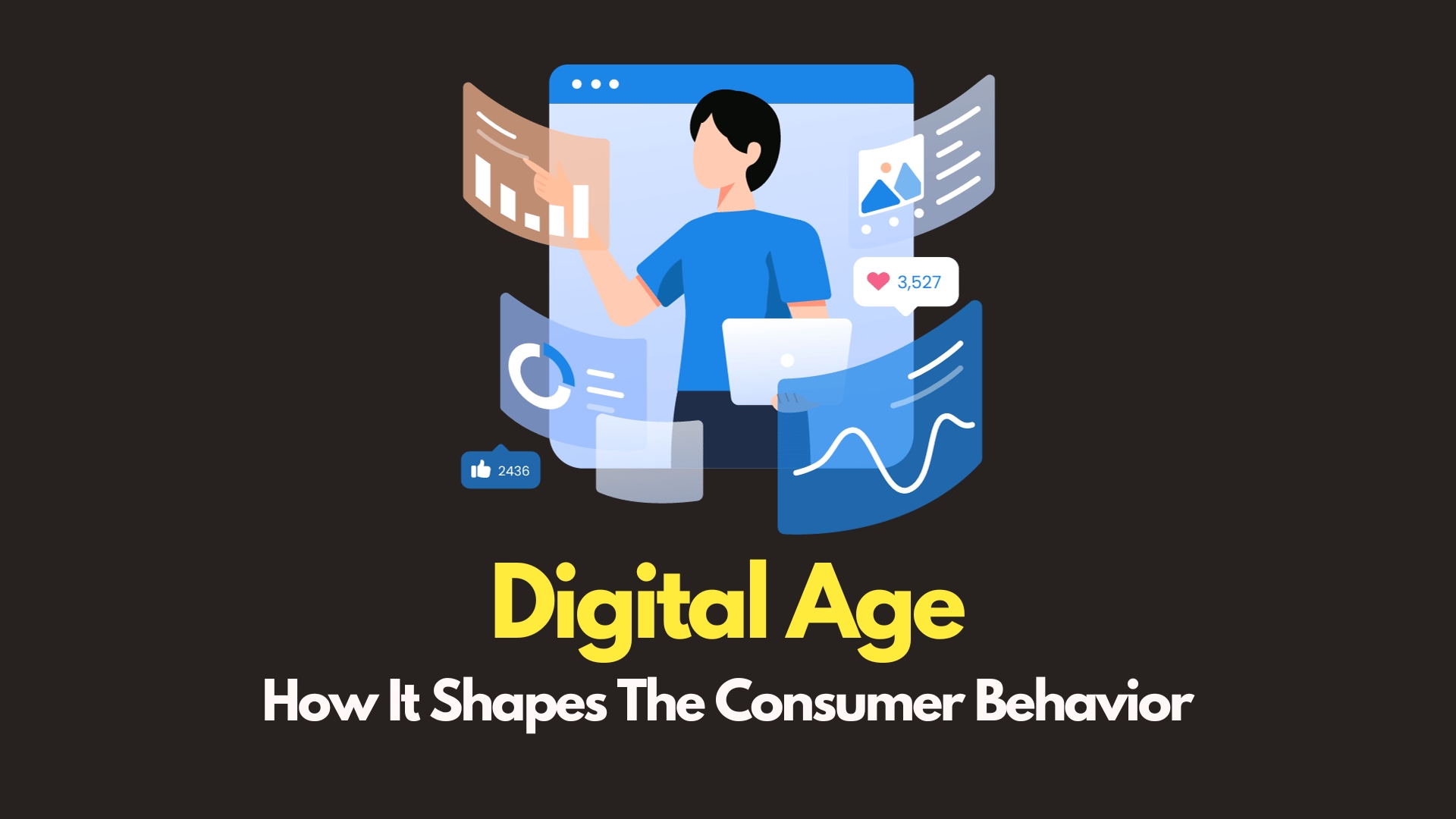Published
- 4 min read
Consumer Psychology in the Digital Age

Key Takeaways:
- Digital platforms and technology have significantly altered consumer behavior.
- The rise of e-commerce and social media has led to new consumer expectations and buying behaviors.
- Businesses must adapt to these changes to remain competitive and relevant.
- Understanding the psychological impact of technology on consumers is crucial for effective marketing strategies.
How Digital Platforms and Technology Are Reshaping Consumer Behavior
In the ever-evolving landscape of the digital age, consumer behavior has undergone a seismic shift. The integration of technology into everyday life has not only changed how consumers interact with brands but also how they make purchasing decisions. This article delves into the transformative impact of digital platforms and technology on consumer behavior, offering insights for businesses aiming to keep pace with these changes.
The Digital Consumer: A New Paradigm
Digital platforms have created a new type of consumer - one that is more informed, connected, and empowered than ever before. The accessibility of vast amounts of information at the click of a button has led to consumers who are more critical and discerning in their purchasing decisions. The implications for businesses are profound, as traditional marketing strategies may no longer be as effective in influencing the digital consumer.
E-Commerce: Convenience and Choice
The growth of e-commerce platforms has provided consumers with unparalleled convenience and choice. With the ability to shop from anywhere at any time, the traditional retail experience has been fundamentally transformed. This has led to increased competition among businesses, as consumers can easily compare products and prices online. To remain competitive, businesses must offer not only quality products but also a seamless online shopping experience.
Social Media: The New Marketplace
Social media platforms have become a vital part of the consumer journey. They are not only a space for social interaction but also a marketplace where consumers discover new products and brands. The influence of social media on consumer behavior is evident in the rise of influencer marketing and the importance of social proof. Brands that effectively leverage social media can enhance their visibility and credibility among consumers. To understand more about the impact of social media on consumer behavior, explore our post on social media consumer influence.
Personalization: The Key to Consumer Engagement
Technology has enabled businesses to personalize their marketing efforts like never before. By analyzing consumer data, businesses can tailor their messaging and offers to individual preferences and behaviors. This level of personalization can lead to increased consumer engagement and loyalty. To delve deeper into how businesses can leverage consumer psychology, visit our post on creating a balanced marketing strategy leveraging consumer psychology.
The Psychological Impact of Technology on Consumers
Understanding the psychological impact of technology on consumers is crucial for businesses. Digital platforms can affect consumer emotions, attitudes, and decision-making processes. For instance, the instant gratification provided by fast and easy online transactions can lead to impulse buying. Additionally, the fear of missing out (FOMO) can be amplified by social media, influencing consumers to make purchases based on trending products or services.
Adapting to the Digital Consumer
Businesses must adapt their strategies to meet the needs of the digital consumer. This includes investing in digital marketing, optimizing for mobile devices, and ensuring a strong online presence. Moreover, companies must be agile and ready to adopt emerging technologies that can further reshape consumer behavior. For insights into the sectors that have thrived or stumbled in adapting to digital trends, check out our post on learning 6 thriving and stumbling business sectors in the last 5 years.
Conclusion
As digital platforms and technology continue to evolve, so too will consumer behavior. Businesses that understand and adapt to these changes will be better positioned to succeed in the digital marketplace. It is essential to keep abreast of the latest trends and technologies that influence consumer behavior and to integrate these insights into marketing strategies.